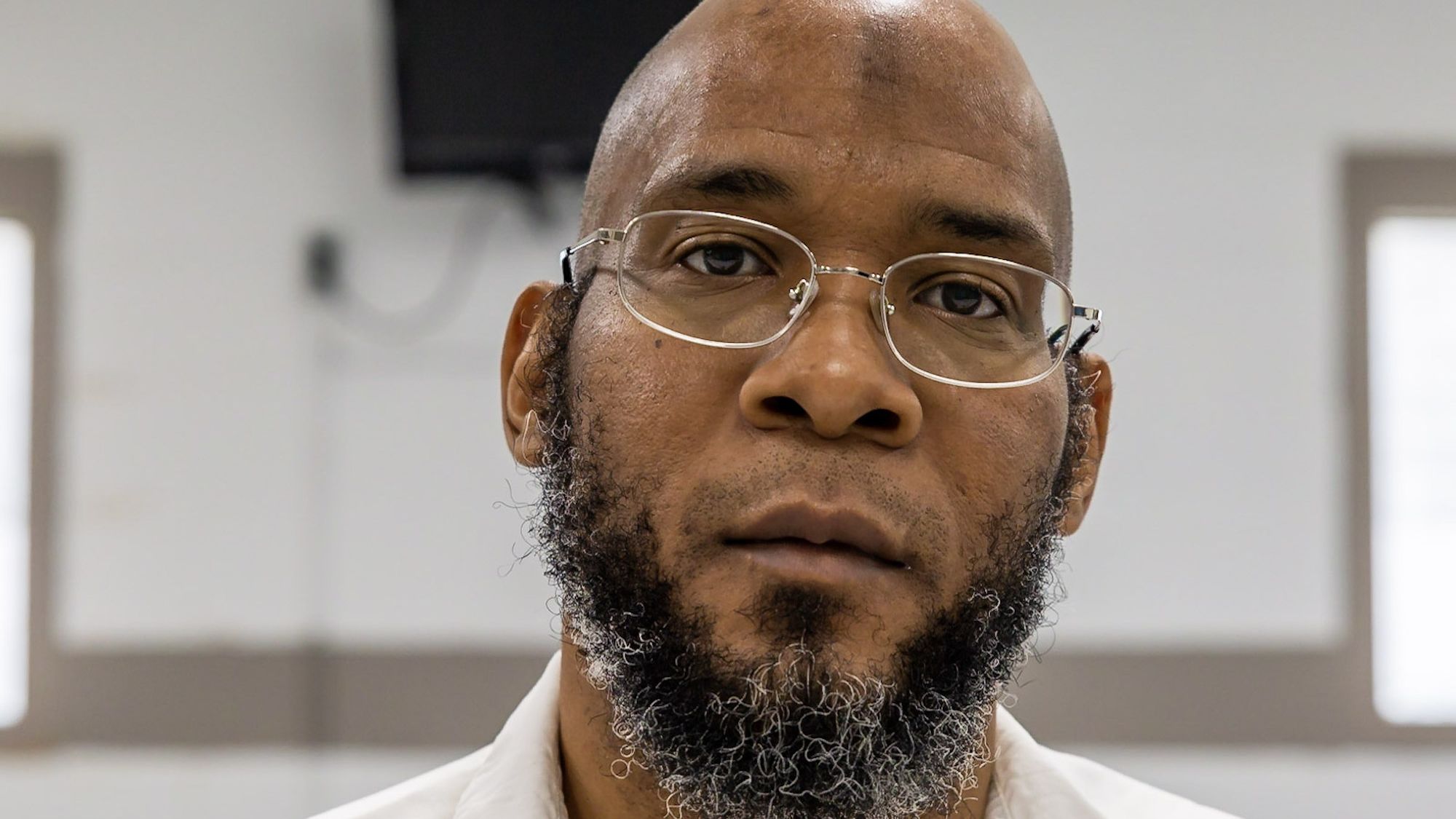A Missouri judge on Thursday rejected an effort by the St. Louis prosecutor to vacate the conviction of Marcellus Williams, a death row inmate who has long claimed he’s innocent of the murder for which he’s scheduled to be executed in less than two weeks.
Williams, 55, was convicted of killing Felicia Gayle, a one-time newspaper reporter found stabbed to death in her home in 1998. His execution is set for September 24.
The St. Louis Prosecuting Attorney’s Office, which handled the 2001 trial against Williams, had argued in a January motion DNA testing of the murder weapon could exclude Williams as Gayle’s killer. But the argument fell apart last month in the face of new DNA testing that revealed the murder weapon had been mishandled, contaminating the evidence meant to exonerate Williams and complicating his quest to prove his innocence.
“There is no basis for a court to find that Williams is innocent,” state Judge Bruce F. Hilton wrote Thursday in his judgment, “and no court has made such a finding. Williams is guilty of first-degree murder, and has been sentenced to death.”
The court was not presented with any evidence showing the knife used in the murder had been mishandled in bad faith, Hilton wrote. Other concerns raised by prosecutors had been available during Williams’ trial, he added, calling the push to vacate his conviction “nothing more than re-packaged arguments.”
The case raises the specter of a potentially innocent person being put to death, an inherent risk of capital punishment. At least 200 people sentenced to death since 1973 have thereafter been exonerated, four of them in Missouri, according to the Death Penalty Information Center.
Prosecutors had moved to vacate Williams’ conviction because “overwhelming evidence” shows Williams’ trial had been unfair, said one of his attorneys, Tricia Rojo Bushnell. Under Missouri law, a judge may grant a prosecutor’s motion to vacate a conviction if “the court finds that there is clear and convincing evidence of actual innocence or constitutional error at the original trial or plea that undermines the confidence in the judgment.”
Now, “we will continue pursuing every possible option to prevent Mr. Williams’ wrongful execution,” Rojo Bushnell said in a statement. “There is still time for the courts or Governor Parson to ensure that Missouri does not commit the irreparable injustice of executing an innocent person.”
GOP Gov. Michael Parson typically makes a decision on clemency at least 24 hours before a scheduled execution date, his office told CNN Thursday, adding Williams’ attorneys have met with the governor’s legal team to discuss clemency. Williams also may appeal through the federal court system.
The Williams case has pitted prosecutor Wesley Bell, who assumed the office in 2018 and now is running for Congress as a Democrat, against Republican state Attorney General Andrew Bailey, who is seeking reelection. Bailey had fought Bell’s January motion, saying new DNA test results indicated the evidence would not exonerate Williams.
The results showed the knife used in the murder had “been handled by many actors, including law enforcement,” the attorney general’s office said.
Bell’s office in its motion also raised other issues with Williams’ conviction, including claims he was convicted on the testimony of two unreliable informants facing their own legal troubles and further incentivized by $10,000 in reward money.
Bell said Thursday he was “immensely disappointed” by the judge’s ruling because there are “detailed and well-documented concerns regarding the integrity” of Williams’ conviction.
“I, along with others who believe that the evidence in this case does not warrant execution, will continue to work to prevent that outcome,” Bell said in a statement.
CNN reached out Thursday to Bailey’s office for comment.
This story has been updated with additional information.






